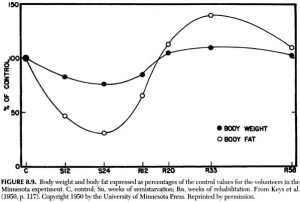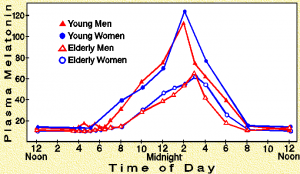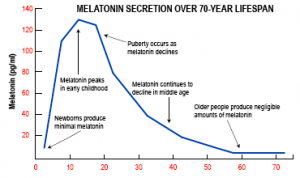Some people believe insulin resistance (IR) causes obesity, and they are not pleased when I say this is actually a controversial topic in the field…
“Bill isn’t toeing the company line. Again.”
So I asked a simple question: if IR causes obesity, how?
There are insulin sensitive obese people & IR lean people.
Tell me again how insulin resistance causes obesity?
??????
— Bill Lagakos (@CaloriesProper) June 5, 2016
The Common Response: 1) IR -> 2) hyperinsulinemia -> 3) more insulin = more fat mass.
However, this is flawed.
Easiest rebuttal (somewhat of a strawman, but whatevs): Barbara Corkey and her group has done a lot of work showing that insulin hypersecretion (caused by dietary additives, preservatives, weird chemicals, etc.) may actually precede & causes IR… not enough insulin hypersecretion to induce hypoglycemia, just enough to induce IR.
So that basically breaks the 1st step in the Common Response, but doesn’t really disprove the possibility that IR still causes obesity (or can cause obesity).
In any case, check out Corkey’s 2011 Banting Lecture. Highly recommended, a lot of food for thought.






